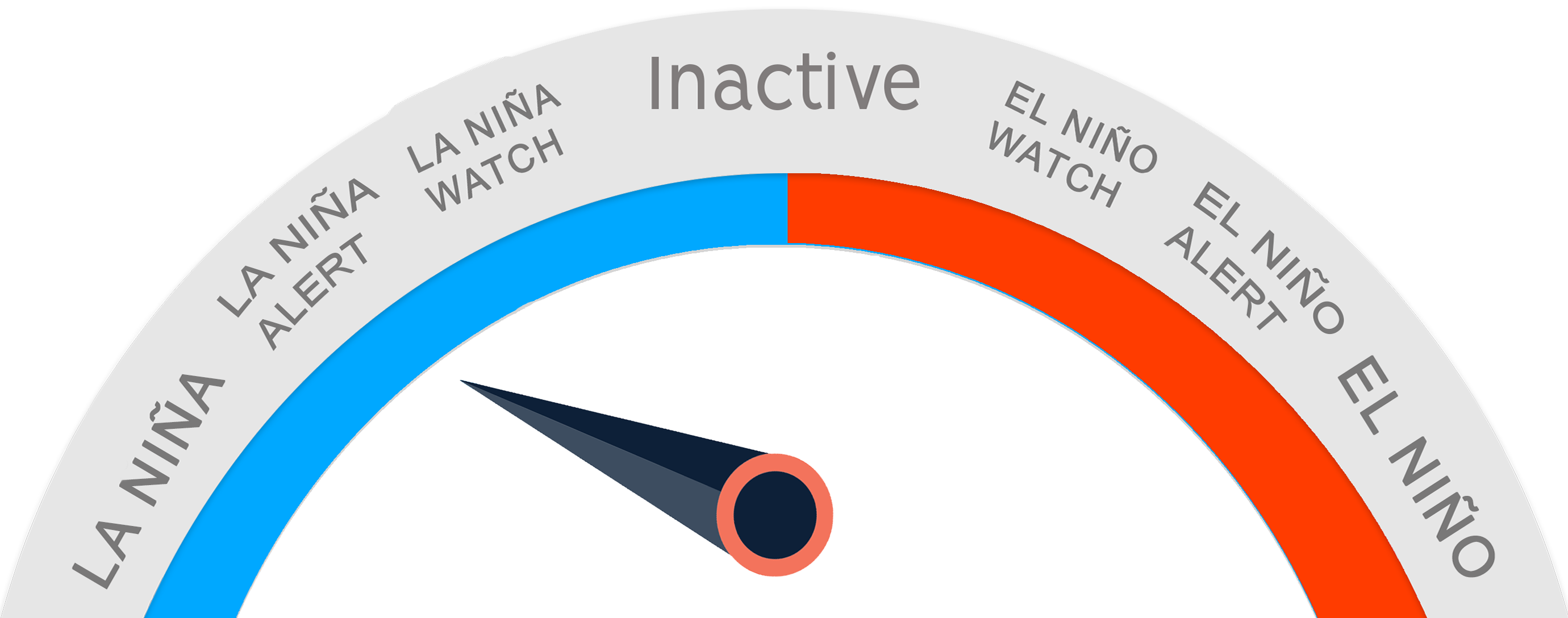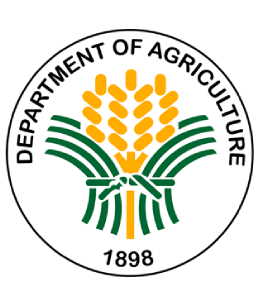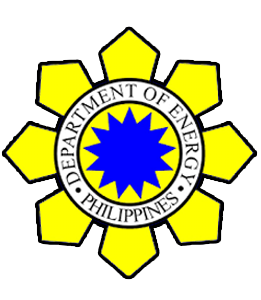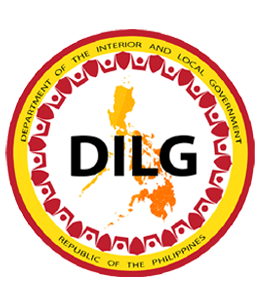Food Sector
Test Description for the food sector
- Conducted Cloud Seeding Operations to areas experiencing water shortages through DA-BSWM together with DOST-PAGASA and DND-PAF.
- Conducted a joint assessment by DA Regional Field Offices, the Philippine Crop Insurance Corporation, and Provincial/Municipal LGUs.
- Provided pesticides, rodenticides, vegetable seeds, and planting materials to affected LGUs.
- Promoted synchronous planting to prevent pest and disease outbreaks.
- Utilized affected crops as livestock forage.
- Expedited PCIC indemnification for farmers hit by drought and pests.
- Facilitated endorsement of affected farmers to DSWD and DOLE for cash-for-work assistance.
- Distributed Php 83.91 M worth of seeds, drugs, and supplements for livestock.
- Implemented the Survival and Recovery (SURE) Loan Program (up to Php 25,000 at zero interest) in calamity-declared municipalities.
- Allocated Php 1.8 billion from PCIC to insure 940,648 farmers and fisherfolk from January to June.
- A total of Php 362,564,850 worth of assistance were provided to the affected rice farmers through the Rice Farmers Financial Assistance (RFFA) Program.
- Implementation of the Alternate Wetting and Drying (AWD) and Quick Turn Around (QTA) strategies.
- Promotion and provision of native livestock and poultry animals through the implementation of the Philippine Native Animal Development (PNAD) Program.
- Provision of diversified alternative livelihood and technologies that are adaptive to climate change for fisherfolk.
- Intensified price and supply monitoring of basic commodities and agricultural products.
- Repair and rehabilitation of water harvesting structures (e.g. Small-Scale Irrigation Projects (SSIPs), Open source pumps
- Provision of Irrigation Network Services (Pumps and Engine Set, PISOS, shallow tube wells)
- Massive information dissemination to irrigators’ associations and farmers on water management, flood control, and erosion control techniques.
- Retrofitting irrigation systems (e.g. SSIPs, SWIPS, and diversion dams)
- Regular consultation meetings with farmers and fisherfolk, irrigators’ associations, and other stakeholders for the implementation of response activities.
- Updating the Registry System for Basic Sectors in Agriculture (RSBSA) database.
- Positioning of seed reserves and planting materials. - Inventory of agricultural and fisheries facilities, machinery, and equipment, for pooling and postharvest activities.
- Promotion of Integrated Pest Management (IPM) practices.
- Surveillance, detection, and prevention of animal diseases.
- Buffer stocking and provision of forage seeds and planting materials.
- Recommend strict implementation of biosecurity measures on livestock and poultry -houses.
- Provide technical assistance in the identification and establishment of evacuation -sites and animal shelters.
- Ensure the readiness of fishery facilities, equipment, floating assets, vessels, patrol boats, and fish health laboratories.
- Completion of the FISHR (Municipal Fisherfolk Registry) and the BOATR (Municipal Boat Registry) of coastal local government units.
- Adoption of multi-commodity farming, and shifting from basic production to value-adding, to entrepreneurship, to diversify sources of income.
- Create awareness on the La Niña phenomenon and its impact in the agriculture and fisheries sector using multi-media.
- Motivate farmers, fisherfolk, and other stakeholders to take appropriate mitigating and response actions. Motivate and mobilize farmers and fisherfolk, LGUs, and civil society organizations to actively participate in planning and program implementation.
- Advise farmers and fisherfolk to avail of insurance provided by the Philippine Crop Insurance Corporation (PCIC). - Public Barcenal, Gerick 2024-07-29 02:54:37
| Issues / Summary | Intervention Updates |
|---|---|
| Under the leadership of the Department of Agriculture (DA), the Food Security Sector is gearing up to enhance the irrigation system by upgrading 843.23 km of canals and ensuring the maintenance of water harvesting structures. their commitment extends to delivering advanced Irrigation Network Services, optimizing production in both vulnerable and non-vulnerable areas. Strategic initiatives encompass cloud seeding in water-scarce regions, along with the implementation of Alternate Wetting and Drying (AWD) and Quick Turn Around (QTA) strategies. Furthermore, the department plans to construct small farm reservoirs under Project LAWA in Antique, Ifugao, and Davao de Oro. Their goals include promoting native livestock through the Philippine Native Animal Development Program and introducing climate-adaptive livelihoods and technologies for fisherfolks. Additionally, the department is dedicated to providing comprehensive insurance and credit support to farmers and fisherfolks. To ensure the stability of the agricultural sector, they are intensifying monitoring efforts on basic commodity prices and agricultural products. |
|
|
Water Management - Repair |
|
| Water Management - Food Sector |
|
|
Food Sector - Onset of La Nina 2024 |
|
Advisory
This is a test description for Advisory
-
Bulletin No. 4 on the Effects of El Niño in the Agriculture and Fisheries Sector
Source: DA
Date: February 25, 2024
News
This is test Description for News
-
DA DRRM OpCen Bulletin No. 5 on the Effects of El Niño
Source: DA
Date: March 14, 2024




